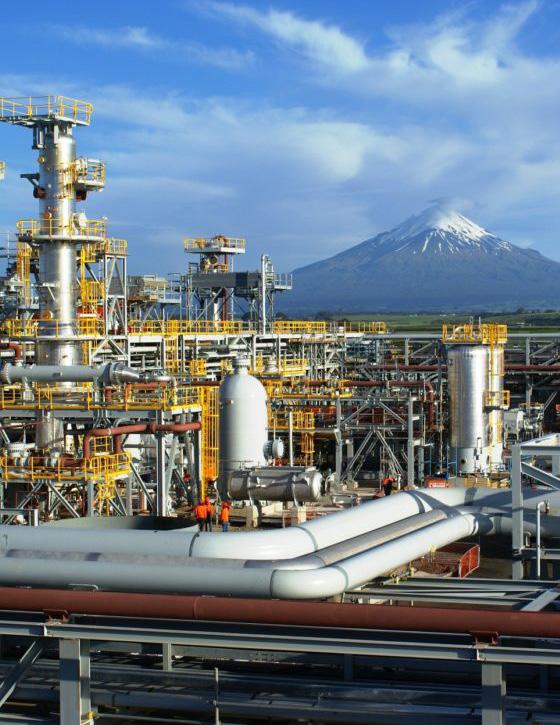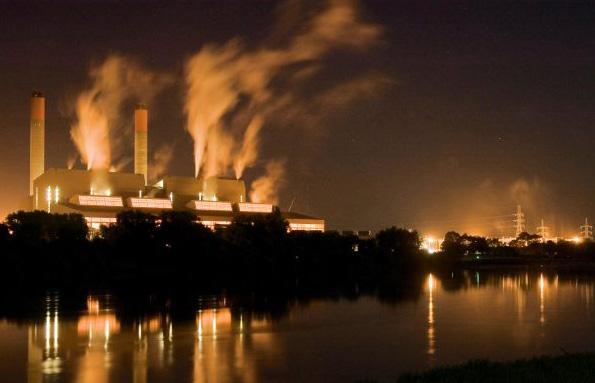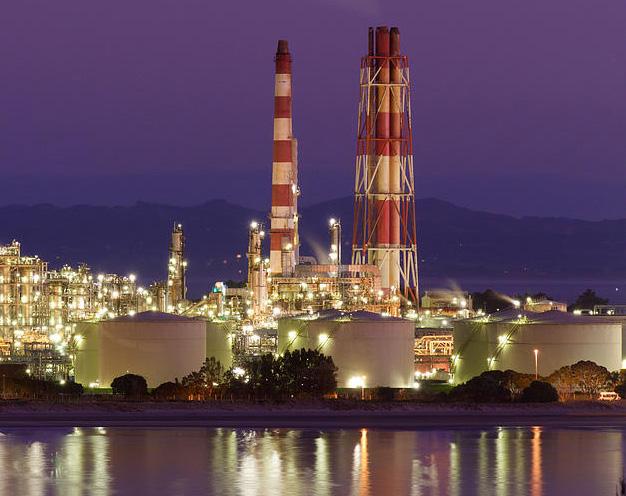
4 minute read
The consequences of banning oil and gas exploration
Was banning oil and gas exploration a mistake?
As New Zealand tries to move closer towards decarbonisation, last year saw the highest level of coal-based electricty generation in a decade, says Total Utilities Managing Director Richard Gardiner
Advertisement
New Zealand’s electricity and natural gas markets are inextricably inter-linked. Electricity and gas compete as alternative energy sources, but rely on each other for production.
Electricity generation is the second biggest user of natural gas after methanol production by Methanex.
Gas is the second biggest source of electricity generation after hydroelectricity.
With this intricate dependence on one another, the effective management of our national energy strategy (including electricity and gas etc) is critically important.
The outright prohibition three years ago of all new offshore oil and gas exploration, is having a profoundly negative impact on the natural gas sector and hence on the health of the electricity sector.
No matter how well intentioned this original decision was, it was not thought through properly at the time.
It’s unfortunate that, as a result of these policies, coal-based electricity generation in 2020 was the highest for a decade. This coincided with the lowest gas-based electricity generation for nine years.
Given that coal emits 1.9 times more CO2, on a gigajoule-for-gigajoule basis than natural gas, this is an environmental step backwards.
We understand coal imports of 1 million tonnes from Indonesia in 2020 are currently on course to triple in 2021.
Recently the Government has seemed more accepting of natural gas as a transition energy source on the road to 100% renewability.
The negative impacts of the prohibition have been compounded by various other negative electricity supply and demand factors since then: • Rebounding electricity demand following the Global Financial Crisis in 2008. • Back-to-back very dry

Marsden Point closure threatens energy security
Maritime Union of New Zealand National Secretary Craig Harrison says the closure of the refinery is simply corporate self-interest and not in the wider interests of New Zealand. "It is disturbing that the lessons from the COVID pandemic and the flow on disruption to our supply chain are being ignored.
“Exposing New Zealand further to a highly volatile international situation is reckless.”
He says that crude oil imported into Marsden Point provides wider supply options than relying on imports of refined fuel.
Harrison says there needs to be an urgent review by the Government, who seemed to be getting bad advice as other countries are moving to enhance their fuel security. "As we have seen in the container trade, New Zealand cannot rely on foreign ship owners to have our best interest at heart.
“Marsden Point is more than a profit statement on a balance sheet, it gives New Zealand resilience in a global market.”
National’s Energy and Resources spokesperson Barbara Kuriger calls the move risky, being that Marsden Point is New Zealand's only refinery.
“Many of the strategic reasons Marsden Point was built initially for remain today," Kuriger says. "We see Marsden Point as a strategic asset for New Zealand’s energy security. "We would be exploring ways to keep the refinery in a state where it can be turned back on in the future, such as in the case of a global disruption."

summers in 2019/20 and 2020/21. • The retirement of thermal powers stations like Otahuhu B and Southdown. • The inability of new renewable power stations to meet the combined challenge posed by growing electricity demand and reduced thermal generation.
Gas and geothermal is struggling
Pohokura has been our biggest natural gas field for some years. During the past two years however, production has fallen sharply for unspecified technical reasons.
This decline in gas production has reduced gas supplies available both for gas users and for electricity generation.
The prohibition of all new offshore oil and gas exploration, has also meant that there will be no offshore oil rigs available in NZ waters until 2022, at the earliest, to identify let alone resolve the ongoing production problems at Pohokura.
Other gas supply options have been constrained in the longer term by the non-renewal of existing offshore field permits for undeveloped fields, once their initial term had expired.
Previously, successive Government’s lead by both major parties renewed these permits unless there was a compelling specific reason not to.
Power companies are passing on the costs
Seriously damaged gas industry morale has also resulted in a combination of reduced/delayed/cancelled capex in existing gas fields.
The profound uncertainty surrounding the shorter term, let alone longer term, future of the natural gas industry has already resulted in Contact Energy vacating the time of use (TOU) part of the gas market as TOU agreements covering supply to larger customers expire.
Two other gas retailers have also declined to quote for supply to various existing TOU customers.
We are also well aware of other very large TOU gas users who have to use natural gas and have been forced onto punitive spot market-related gas pricing.
Major electricity-users like Whakatane Board Mills have also had a huge question-mark over their future due to huge gas-related electricity price hikes.
There is still some limited competition in the non-TOU part of the market (impacting smaller customers), albeit at much higher prices.
To all intents and purposes, competition has essentially collapsed at the big end of the gas market.
Looking to the future, New Zealand must formulate an integrated supply/demand energy strategy covering the transition period until 100% renewable energy is achieved in practice.










